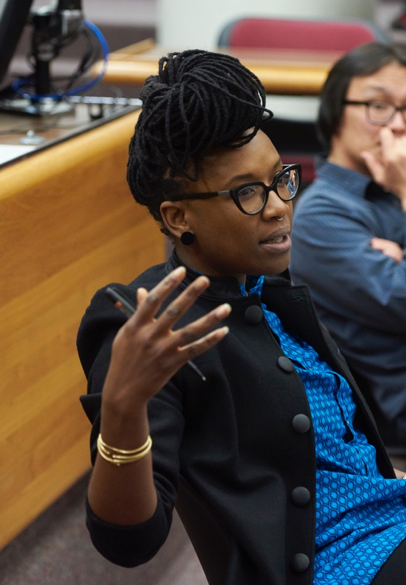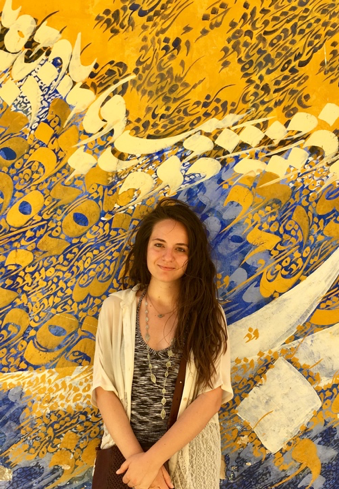Project One
DEVELOPING A NEW APPROACH TO MIGRATION AND POLICY-MAKING IN AFRICA
Our project has two objectives: (1) to develop a core set of policy-making principles and guidelines for governing migration that both center migrant agency, and foreground historical and contemporary socio-economic interconnection across borders; and (2) to apply these guidelines to southern Africa in order to produce substantive recommendations for the region, as well as to illustrate the practical value of the general method for other regions.
A common misperception is that the vast majority of international migration is from the global south to the global north. However, most international migration today occurs intra-regionally (North-North or South-South). Where African migrants are concerned, the majority move within Africa, and often between neighboring countries. Notwithstanding these patterns, the legal academic and policy literature on African migration remains thin. This is especially concerning given that that too much of African migration policy today is structured by logics at odds with the way people actually live and move across borders. Even where the development paradigm has been deployed as a basis for guiding migration policy reform, it has tended to skew in favor of interventions aimed at preventing migration and dissembling pre-existing local economies. What is absent but urgently needed is a historically and sociologically informed approach to migration policy-making that prioritizes the interests of Africans, including those most socio-economically marginal.
Our goal is to facilitate an interdisciplinary exploration of historical and contemporary southern African migration with the aim of distilling guiding principles and concrete proposals for empirically-grounded African migration policy. Our theoretical premise is that cross-border migration reflects histories of deep socio-economic interconnection—much of it rooted in colonial-era political economy—and that migration policy that can accommodate and respect this interconnection can produce more ethical and humane outcomes than the status quo.
Project Participant Bios
Tendayi Achiume (Principal Investigator) is an assistant professor of law at the UCLA School of Law. She is also a research associate of the African Center for Migration and Society at the University of Witwatersrand in South Africa, which is the premier migration research institute in Africa. The current focus of her work is the global governance of racism and xenophobia; and the legal and ethical implications of colonialism for contemporary international migration. She has been invited to present her migration research to United Nations policy makers on numerous occasions, and has served as a research consultant for migration policy research in Africa. Her academic publications include: Migration as Decolonization, Stanford Law Review (forthcoming 2019); Governing Xenophobia, Vanderbilt Journal of Transnational Law (forthcoming 2018); Syria, Cost-Sharing and the Responsibility to Protect Refugees, 100 Minnesota Law Review 687 (2015); and Beyond Prejudice: Structural Xenophobic Discrimination Against Refugees, 45(2) Georgetown Journal of International Law 323 (2014). Her policy publications include The African Union Migration and Regional Integration Framework (with Loren B. Landau), ACCORD Policy and Practice Brief 36(2016). In November 2017, the UN Human Rights Council appointed her the UN Special Rapporteur on Contemporary Forms of Racism, Racial Discrimination, Xenophobia and Related Intolerance making Professor Achiume the first woman to serve in this role. She currently co-chairs the Migration Law Interest Group of the American Society of International Law.
Madina Thiam (Research Assistant) is a PhD Candidate in the Department of History at UCLA, and co-editor-in-chief of Ufahamu: A Journal of African Studies. Her dissertation explores the history of global African mobilities, focusing on the movement of people, goods, and ideas in and out of the Sahel, from the late-18th through the 20th century. In 2018-2019, her research will be supported by a fellowship from the Andrew Mellon Foundation and Social Science Research Council (SSRC). In 2017, she served as UNESCO World Heritage Young Professional, representing Mali. She also received a Luskin Center short-term fellowship. Her main contribution to the project will consist of historical analysis of migration patterns in the southern African region, from the mid-19th through the 20th century.
Anita Vukovic (Research Assistant) is a third-year PhD student in the Department of Anthropology at UCLA, with three years of case management experience in U.S. immigration law. She has completed prior research on the urban integration of refugees and immigrants in coordination with the U.S. Committee for Refugees & Immigrants (USCRI), and with funding from the National Science Foundation (NSF). Her research explores the Moroccan state’s management of sub-Saharan migration, in the context of socio-historical geographies and colonial regimes of movement within West/North Africa. Her contributions to the project will include: a review of academic literatures on southern African histories of trade, tribalism, race, land ownership, governance, and mobility; a review of emergent social scientific theoretical work on de-colonization, migration, and border studies; a discourse analysis of regional medias, both traditional and user-based; and the analysis of new migration policy documents.




